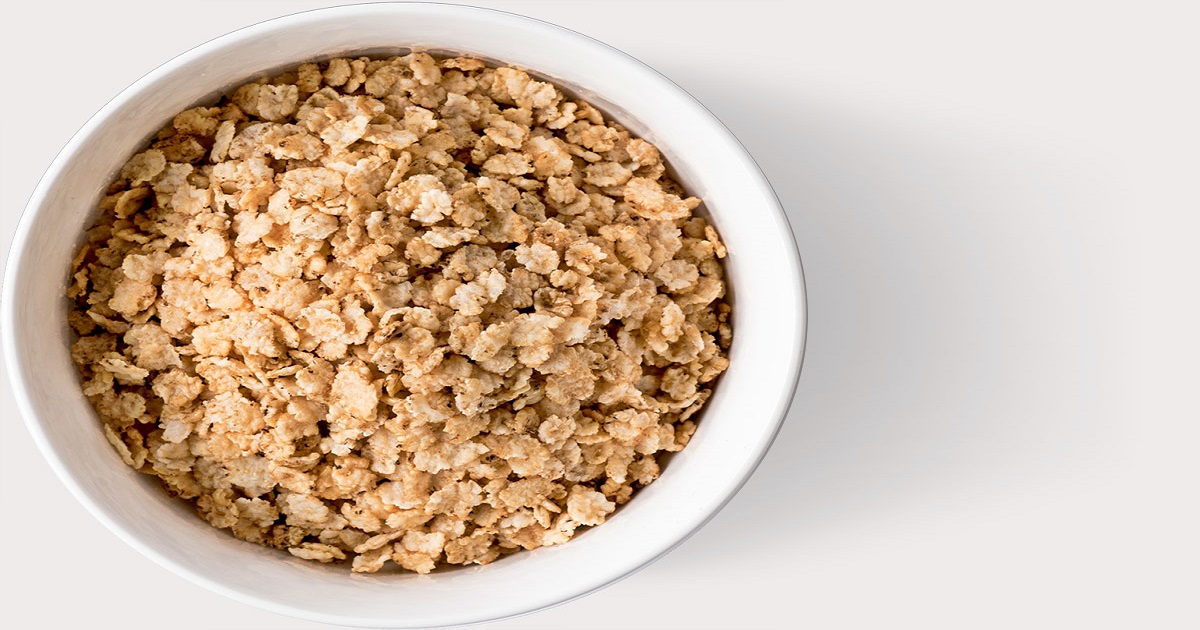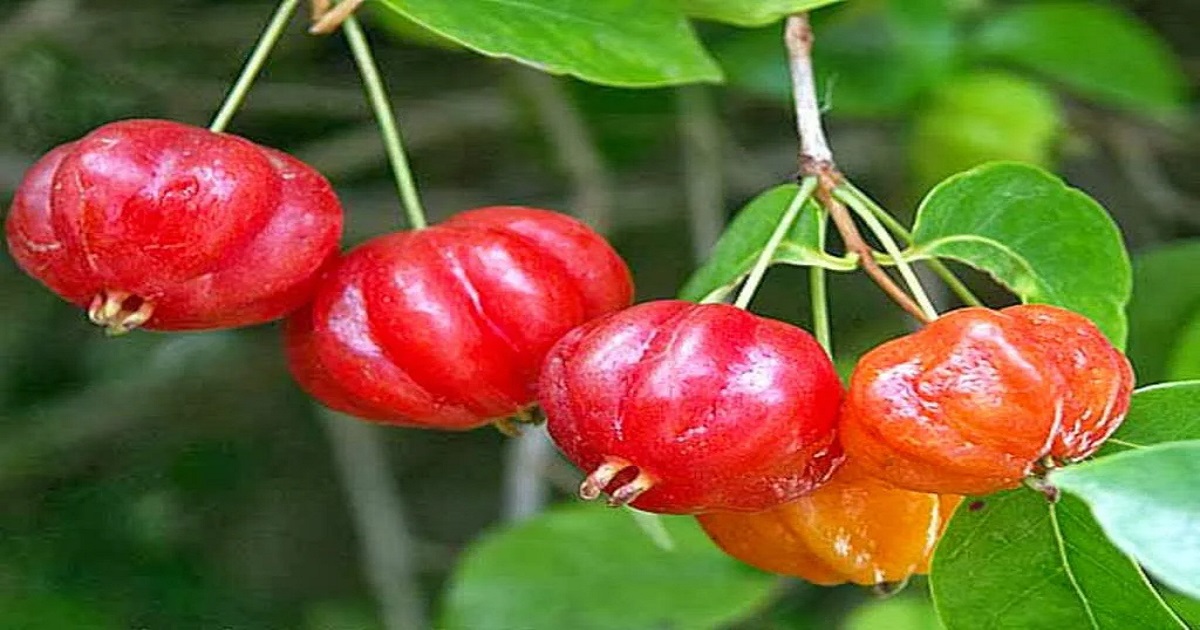Introduction
Have you ever heard of sorghum flakes? If not, you’re in for a treat! Sorghum flakes are gaining popularity as a nutritious and versatile addition to our diets. With the increasing focus on healthy eating and sustainable living, these humble flakes are making a big splash. So, what makes sorghum flakes so special? Let’s dive in and find out!
What are Sorghum Flakes?
Sorghum flakes are made from the grain sorghum, which is a cereal crop known for its resilience and nutritional value. The process of making sorghum flakes involves steaming and rolling the grains to produce thin, crisp flakes. These flakes are not only delicious but also packed with nutrients.
Nutritional Benefits of Sorghum Flakes
High in Fiber
One of the standout features of sorghum flakes is their high fiber content. Fiber is essential for maintaining a healthy digestive system and can help prevent constipation.
Rich in Protein
Protein is crucial for building and repairing tissues in the body. Sorghum flakes are a good source of plant-based protein, making them an excellent option for vegetarians and vegans.
Loaded with Vitamins and Minerals
Sorghum flakes are rich in essential vitamins and minerals such as B vitamins, magnesium, and iron. These nutrients play vital roles in energy production, bone health, and maintaining a strong immune system.
Health Benefits of Sorghum Flakes
Supports Digestive Health
The high fiber content in sorghum flakes promotes regular bowel movements and helps maintain a healthy gut microbiome.
Aids in Weight Management
Sorghum flakes can help you feel full longer, reducing the temptation to snack on unhealthy foods. This can be particularly beneficial for those looking to manage their weight.
Helps Control Blood Sugar Levels
The fiber in sorghum flakes slows down the absorption of sugar into the bloodstream, helping to maintain stable blood sugar levels. This is especially important for people with diabetes or those at risk of developing the condition.
Boosts Heart Health
Sorghum flakes are low in saturated fats and contain compounds that can help lower cholesterol levels, thereby reducing the risk of heart disease.
Sorghum Flakes vs. Other Grains
Comparison with Wheat Flakes
While both sorghum and wheat flakes are nutritious, sorghum flakes are gluten-free, making them a better option for those with gluten intolerance.
Comparison with Corn Flakes
Corn flakes are often highly processed and can contain added sugars. Sorghum flakes, on the other hand, are typically less processed and have a higher nutritional value.
Comparison with Oats
Oats are well-known for their health benefits, but sorghum flakes offer a unique nutritional profile, especially in terms of their protein and fiber content.
How to Incorporate Sorghum Flakes into Your Diet
Breakfast Options
Start your day with a bowl of sorghum flake porridge or add them to your yogurt for a crunchy twist.
Snack Ideas
Sorghum flakes can be used to make delicious granola bars or simply enjoyed with some dried fruit and nuts as a healthy snack.
Recipes for Lunch and Dinner
Incorporate sorghum flakes into your meals by using them as a topping for salads or as a crunchy coating for chicken or fish.
Cooking Tips for Sorghum Flakes
Preparation Methods
Sorghum flakes can be cooked in a variety of ways. They can be soaked overnight for a soft texture or lightly toasted for added crunch.
Cooking Time and Techniques
Depending on the desired texture, cooking time for sorghum flakes can vary. For a porridge-like consistency, cook them for about 10-15 minutes. For a crispier texture, try baking them in the oven.
Flavor Combinations
Sorghum flakes have a mild, slightly nutty flavor that pairs well with both sweet and savory ingredients. Try mixing them with honey and cinnamon for a sweet treat or with herbs and spices for a savory dish.
Sorghum Flakes for Different Dietary Needs
Gluten-Free Diets
Sorghum flakes are naturally gluten-free, making them a safe and nutritious option for those with celiac disease or gluten sensitivity.
Vegan and Vegetarian Diets
As a plant-based food, sorghum flakes are perfect for vegans and vegetarians. They provide essential nutrients that can sometimes be lacking in plant-based diets.
Low-Carb Diets
While sorghum flakes do contain carbohydrates, they are also high in fiber, which can help balance blood sugar levels and keep you feeling full longer.
Where to Buy Sorghum Flakes
Grocery Stores
Many grocery stores now carry sorghum flakes in their health food sections. Look for them near other whole grains and cereals.
Online Retailers
Sorghum flakes can be easily purchased online from various retailers. This can be a convenient option if you have trouble finding them locally.
Local Health Food Stores
Health food stores often stock a wide range of whole grains, including sorghum flakes. Don’t hesitate to ask if you’re having trouble locating them.
Sorghum Flakes Recipes
Sorghum Flake Porridge
Combine sorghum flakes with your favorite milk or milk alternative, a pinch of salt, and a sweetener of your choice. Cook until thickened and top with fresh fruits and nuts.
Sorghum Flake Granola
Mix sorghum flakes with oats, honey, and a bit of oil. Bake until golden brown and enjoy as a topping for yogurt or as a snack on its own.
Sorghum Flake Smoothie Bowls
Blend your favorite fruits and a splash of milk. Pour into a bowl and top with sorghum flakes, seeds, and a drizzle of honey for a nutritious and satisfying breakfast.
The Environmental Impact of Sorghum Cultivation
Sustainability of Sorghum Farming
Sorghum is a drought-resistant crop, making it a sustainable choice in regions with limited water resources. It requires less water and fewer inputs compared to other grains.
Benefits for Soil Health
Sorghum farming can help improve soil health by reducing erosion and enhancing soil fertility through its deep root system.
Water Usage Efficiency
Sorghum is highly efficient in its water use, making it an environmentally friendly crop that supports sustainable agriculture.
The History and Origin of Sorghum
Ancient Uses of Sorghum
Sorghum has been cultivated for thousands of years, with its origins tracing back to Africa. It has been a staple food for many cultures and civilizations.
Sorghum in Modern Agriculture
Today, sorghum is grown worldwide and is valued for its versatility and resilience. It is used for food, animal feed, and even biofuels.
Common Myths About Sorghum Flakes
Addressing Misconceptions
There are several myths surrounding sorghum flakes, such as them being less nutritious than other grains. In reality, they are packed with nutrients and offer unique health benefits.
Clarifying Nutritional Facts
Sorghum flakes are often misunderstood, but they are a powerful addition to any diet, providing essential vitamins, minerals, and fiber.
Frequently Asked Questions about Sorghum Flakes
Are sorghum flakes suitable for children?
Yes, sorghum flakes are a nutritious option for children. They can be incorporated into their diets in various forms, such as porridge or snacks.
Can sorghum flakes help with gluten intolerance?
Absolutely! Sorghum flakes are naturally gluten-free and are an excellent alternative for those with gluten intolerance or celiac disease.
How do sorghum flakes taste?
Sorghum flakes have a mild, slightly nutty flavor that is both versatile and delicious. They can be paired with a wide range of ingredients.
Are there any side effects of consuming sorghum flakes?
Sorghum flakes are generally safe to consume. However, as with any food, it’s important to eat them in moderation as part of a balanced diet.
How should sorghum flakes be stored?
Store sorghum flakes in an airtight container in a cool, dry place to maintain their freshness and prevent them from becoming stale.
Conclusion
Sorghum flakes are a nutritious, versatile, and sustainable food that can easily be incorporated into a variety of diets. Whether you’re looking to improve your digestive health, manage your weight, or simply enjoy a delicious and healthy meal, sorghum flakes are worth a try. So next time you’re at the grocery store or browsing online, consider picking up a bag of sorghum flakes and explore the many ways they can benefit your health and culinary adventures.



